news
NERC orders DisCos to replace obsolete meters
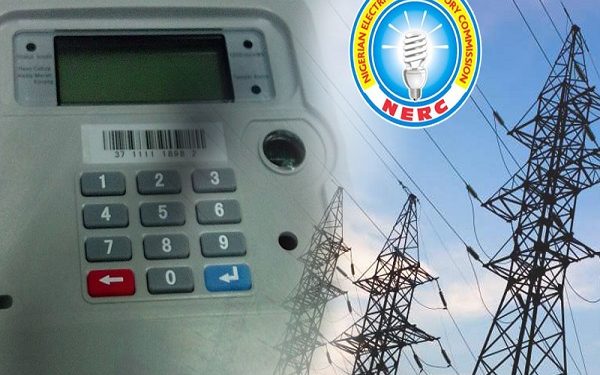
 The Nigerian Electricity Regulatory Commission (NERC) has mandated the electricity Distribution Companies (DisCos) to replace faulty and obsolete meters for their customers.
The Nigerian Electricity Regulatory Commission (NERC) has mandated the electricity Distribution Companies (DisCos) to replace faulty and obsolete meters for their customers.The effective date, according to the commission, was on March 4, 2021.
This was made known in the Order No. NERC/246/2021 the commission issued on March 4, 2021.
Titled: “In the matter of the order on structured replacement of faulty and obsolete end-user customer meter in NESI,” the commission submitted seven million customers in the Nigerian Electricity Supply Industry (NESI) are unmetered.
It said that its customer enumeration data that made the revelation estimated that additional three million meters are obsolete and due for replacement.
NERC noted the existence of unmetered customers contributes to the threat of financial stability of the electricity market.
According to the order: “The Commission notes that over 7 million customers are currently unmetered as indicated by customer enumeration data. It is also estimated that an additional 3
million meters are currently obsolete and due for replacement.
“The existence of a large population of unmetered customers contributed to threats
affecting the financial viability of NESI as unmetered end-use customers expressed
deep dissatisfaction with the estimated billing methodology.
“The revenue assurance objectives of DisCos have also been challenged by being unable to properly account for the utilisation of electricity by end-use customers”.
The commission orders as follows –
“A. DisCos shall grant priority to the metering of unmetered customers under the
National Mass Metering Program.
“B. DisCos may replace faulty/obsolete meters under the National Mass Metering
Program but these replacements must be done in strict compliance with the
“Metering Code and other regulatory instruments of the Commission.
C. DisCos shall inspect meters of metered end-use customers and the replacement
notice shall contain the following –
I. The date of inspection.
ii. Name, designation and signature of the officer that inspected the meter.
iv. The date for the installation of the replacement meter.
D. The Commission shall be copied on all replacement notices issued to end-use
customers for the purpose of conducting random reviews of the replacement
exercise.
E. New meters must be installed upon the removal of the faulty/obsolete meter and
under no circumstances shall the customer be placed on estimated billing on
account of the DisCo’s failure to install a replacement meter after the removal of
the faulty/obsolete meter.
F. The customer and DisCo representative shall jointly note the units on the meter
being replaced and the customer must be credited with these units within 48 hours
after the installation of the meter.
G. Customers shall only be billed for loss of revenue where the DisCo establishes meter
tampering, by-pass or unauthorised access as contained in NERC
Order/REG/ 41/2017 on Unauthorised Access, Meter Tampering and Bypass.
H. Activation tokens shall be issued to customers immediately after replacement of the
faulty/obsolete meter.
I. DisCos shall file monthly returns with the Commission on the replacement of
faulty/obsolete meters along with their proposal for the decommissioned meters.
16. This Order may be cited as the Order on the Structured Replacement of
Faulty/Obsolete Meters of End-Use Customers.”
news
Alleged Coup Attempt Against Tinubu, Fraud Charges: Sylva Faces Possible Arraignment in Absentia
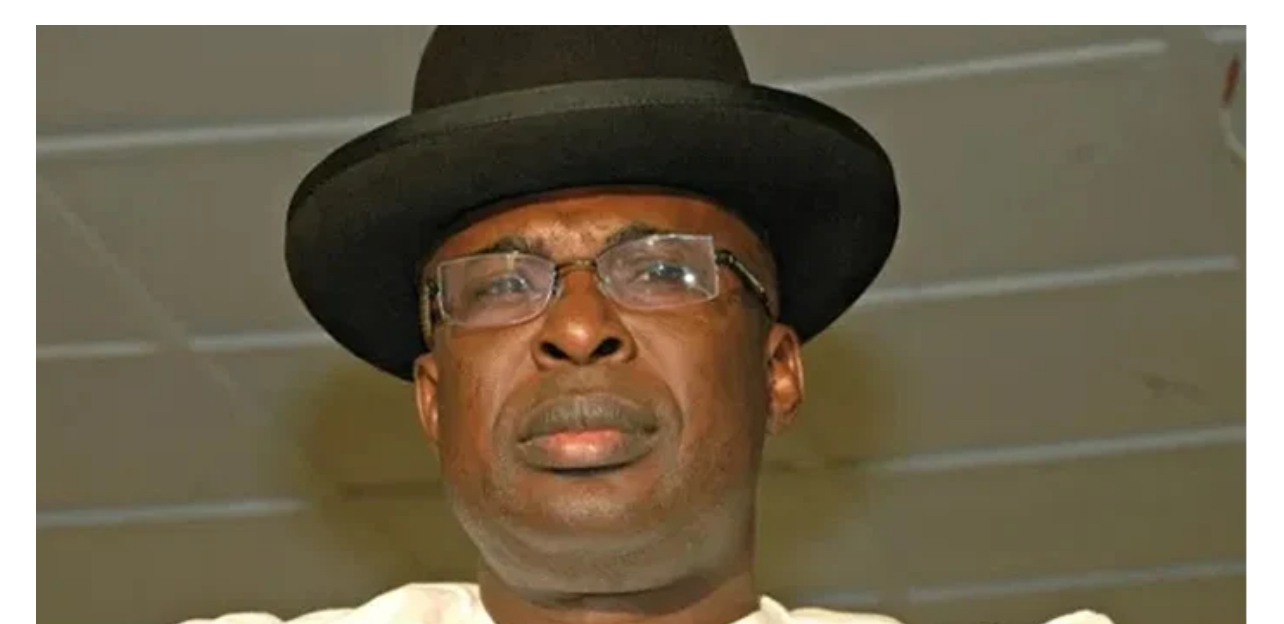
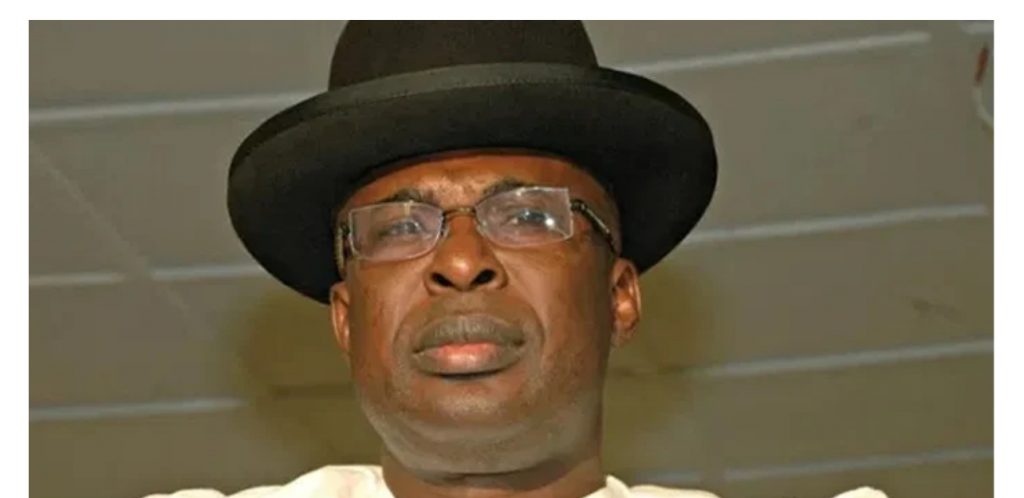
Former Bayelsa State Governor, Timipre Sylva, has yet to return to the country months after his Abuja residence was raided by operatives of the Defence Intelligence Agency.
It was reported that the raid was connected with investigations into the alleged coup attempt against President Bola Tinubu.
Our correspondence gathered that Sylva, who was also declared wanted by the Economic and Financial Crimes Commission over alleged $14,859,257 fraud, might be arraigned in absentia for financial crimes.
Top officers of the Department of State Services and the EFCC told one of our correspondents that the International Criminal Police Organisation and other Nigerian partners in the war against crime were currently trailing the former governor.
The Defence Headquarters had, in October 2025, dismissed reports of a coup attempt, despite the arrest and detention of 16 officers accused of sponsoring the plot.
The DHQ, in a statement by its Director of Defence Information, Brig Gen Tukur Gusau, on October 18, 2025, denied a Sahara Reporters story linking the detention of the officers to a failed coup and the cancellation of the October 1 Independence Day parade.
Gusau described the report as “intended to cause unnecessary tension and distrust among the populace.”
“The ongoing investigation involving the 16 officers is a routine internal process aimed at ensuring discipline and professionalism within the ranks. An investigative panel has been duly constituted, and its findings will be made public,” he said.
However, last Monday, the military backtracked, confirming that there was indeed a plot to topple Tinubu’s administration.
Presenting the outcome of investigations on the detained officers, the new Director of Defence Information, Maj Gen Samaila Uba, said the findings identified several officers with cases to answer over allegations of plotting to overthrow the government.
He said, “The findings identified a number of officers with allegations of plotting to overthrow the government, which is inconsistent with the ethics, values and professional standards required of members of the AFN.”
He noted that those indicted would be formally arraigned before relevant military judicial panels to face trial in line with the Armed Forces Act and other applicable service regulations.
Following the arrest of the 16 military officers, Sylva’s Abuja residence was raided on October 25, 2025, by operatives of the DIA.
Sylva was out of the country at the time his house was raided, but his younger brother, Paga, who serves as his Special Assistant on Domestic Affairs, along with his driver, was arrested during the operation.
Also, the former governor was declared wanted on November 10, 2025, over an alleged case of “conspiracy and dishonest conversion” of $14,859,257, part of funds injected by the Nigerian Content Development and Monitoring Board into Atlantic International Refinery and Petrochemical Limited for the construction of a refinery.
However, Sylva’s Special Assistant on Media and Public Affairs, Julius Bokoru, dismissed reports linking his principal to the coup plot, describing them as baseless and politically motivated.
He described the reports as the handiwork of “desperate and self-seeking politicians seeking to actualise their ambitions ahead of the 2027 elections.”
In a statement, Bokoru condemned the EFCC’s action, noting that the former minister was undergoing medical examination in the UK and would honour the commission’s invitation upon his return to Nigeria.
However, three months after being declared wanted, Sylva has yet to return to the country.
Our Findings revealed that the EFCC had alerted Interpol to facilitate the arrest of the former governor.
Although the Interpol spokesperson in Nigeria, Benjamin Hundeyin, who also doubles as the Force Public Relations Officer, neither answered calls nor responded to messages sent to his phone, top security officers, including DSS and police personnel, said Interpol was involved in efforts to apprehend Sylva.
“Interpol was contacted immediately after the former governor was declared wanted. Apart from the EFCC, the service is also after him. He can’t hide forever. He should submit himself for investigation if he is indeed innocent.
“Nnamdi Kanu was out of the country for a while, thinking he was off the radar. But where is he today? We will also get Sylva,” said a DSS operative knowledgeable about the matter.
Similarly, an EFCC officer, who spoke with our correspondence on condition of anonymity because he was not authorised to speak on the matter, disclosed that Sylva would be arraigned.
“He is still on our wanted list. We are looking for the right time to arraign him. However, investigations are ongoing. We are building our case against him and, when concluded, he will be charged,” the source said.
Asked if the commission would proceed to court before his apprehension, the source said Sylva could be arraigned in absentia.
“It is possible, and the law makes provision for it. However, we have not concluded that this is the option we will take. But legally, it is possible,” he added.
Speaking with one of our correspondents, another EFCC operative urged the former governor to turn himself in.
“When a suspect of such status is declared wanted, all our partners around the world are placed on notice. Wherever he is, he will be traced. The right thing to do is to turn yourself in,” he added.
However, when contacted last Thursday, Sylva’s spokesperson declined to comment on the matter.
“Given the confirmation by the Defence Headquarters, this is now a national security matter. I am not in a position to comment on speculations, travel or investigations. Relevant authorities are best placed to speak when appropriate,” Bokoru said in a text message.
news
Nigeria and Türkiye Agree to Accelerate Trade, Energy and Defence Partnerships, Says Tinubu
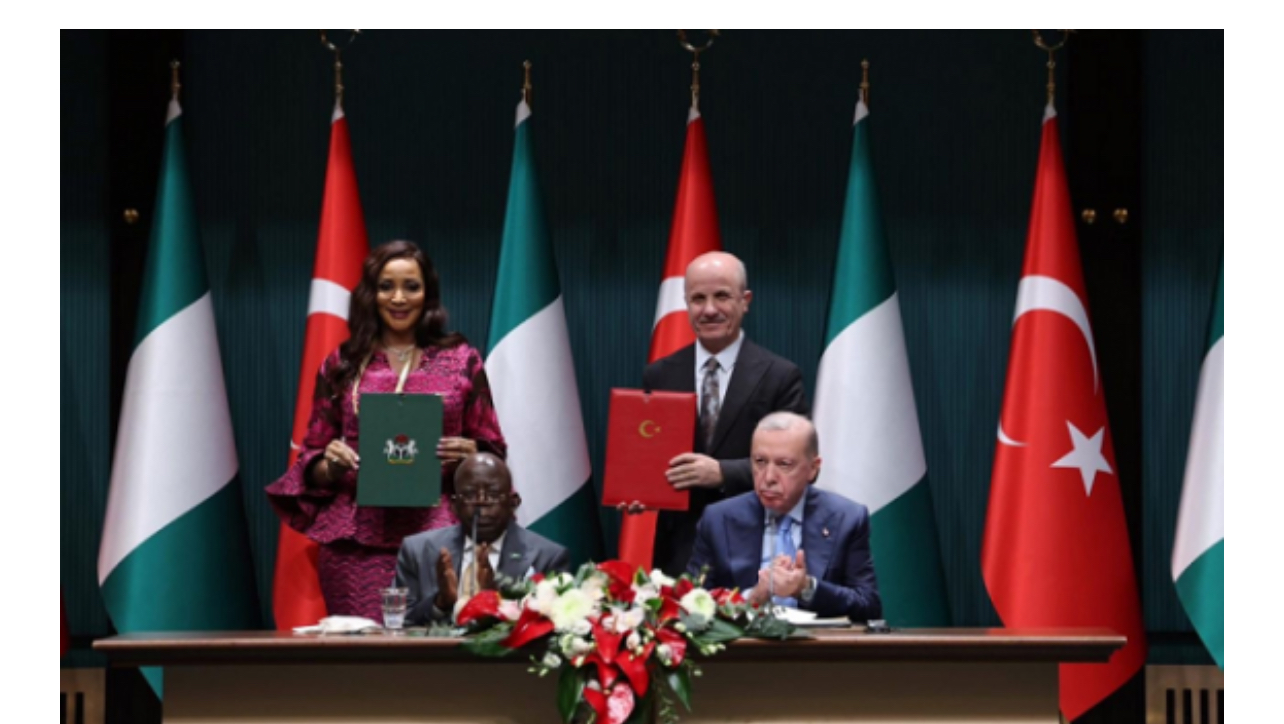
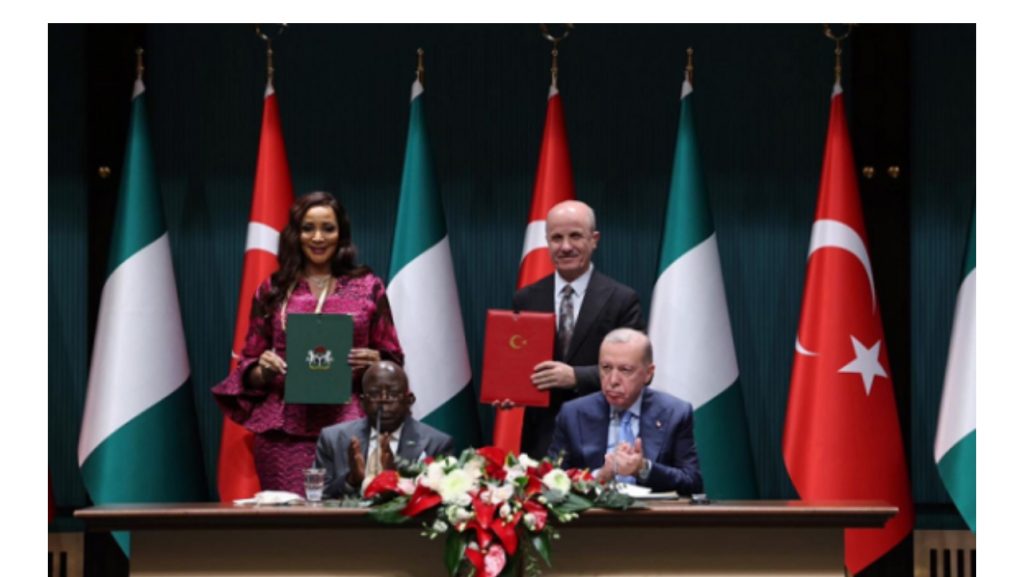 President Bola Tinubu says Nigeria and Türkiye have agreed to fast-track cooperation in trade, energy and defence to boost jobs, investment and shared prosperity.
President Bola Tinubu says Nigeria and Türkiye have agreed to fast-track cooperation in trade, energy and defence to boost jobs, investment and shared prosperity.
The President disclosed this on Tuesday via his official X handle during his ongoing State Visit to Ankara, Türkiye.
Tinubu said discussions with Turkish President Recep Tayyip Erdoğan focused on deepening bilateral relations and delivering tangible economic benefits for citizens of both countries.
“President Recep Tayyip Erdoğan and I reaffirmed our shared ambition, which speaks directly to jobs, investment and opportunity for our people,” the President said.
He said both leaders agreed on the need to expand trade volumes and remove structural barriers limiting business growth between Nigeria and Türkiye.
“We are creating a clear pathway to a five-billion-dollar trade volume between Nigeria and Türkiye,” Tinubu stated.
The President described the talks as practical and forward-looking, driven by mutual interests and shared regional and global responsibilities.
“Our conversations were practical and forward-looking: trade and investment, energy, education, defence cooperation, peace and security,” he said.
Tinubu announced the establishment of a Joint Economy and Trade Committee to drive implementation of agreements and attract fresh investments.
“The creation of a Joint Economy and Trade Committee will unlock new flows of capital,” the President noted.
He said the committee would also support industrial growth, technology transfer and stronger private sector participation.
Tinubu welcomed President Erdoğan’s acknowledgement of Nigeria’s ongoing reforms, especially in the energy and investment sectors.
“I welcome President Erdoğan’s recognition of Nigeria’s reform momentum, particularly in the energy sector,” he said.
The President said the renewed confidence reflected Nigeria’s commitment to transparency, stability and sustainable economic growth.
“We are determined to build an economy that works for everyone, including the most vulnerable,” Tinubu added.
On regional security, Tinubu reaffirmed Nigeria’s responsibility to promote peace and stability across Africa.
“Nigeria will continue to play its role in peace and stability in Africa,” the President said.
He said Türkiye’s expertise in counter-terrorism and defence cooperation would strengthen collective responses to emerging security threats.
“Türkiye’s experience and readiness to cooperate in training, intelligence sharing and counter-terrorism strengthen our resolve,” he stated.
Tinubu said nine bilateral agreements were exchanged at the end of the meetings between both leaders.
The agreements cover defence, education, media cooperation, diaspora policy, trade facilitation, social development and institutional collaboration.
“Nigeria remains open for serious partnership. Open to trade without barriers, ideas, skills and investment that create value and shared prosperity,” he said.
Tinubu reaffirmed Nigeria’s commitment to inclusive growth, peaceful coexistence and active global engagement.
“We are building an inclusive economy. We are strengthening peace. Nigeria will continue to engage the world with confidence and clarity,” Tinubu said.
news
Strengthening Cultural Leadership to Eliminate Violence Against Women and Girls
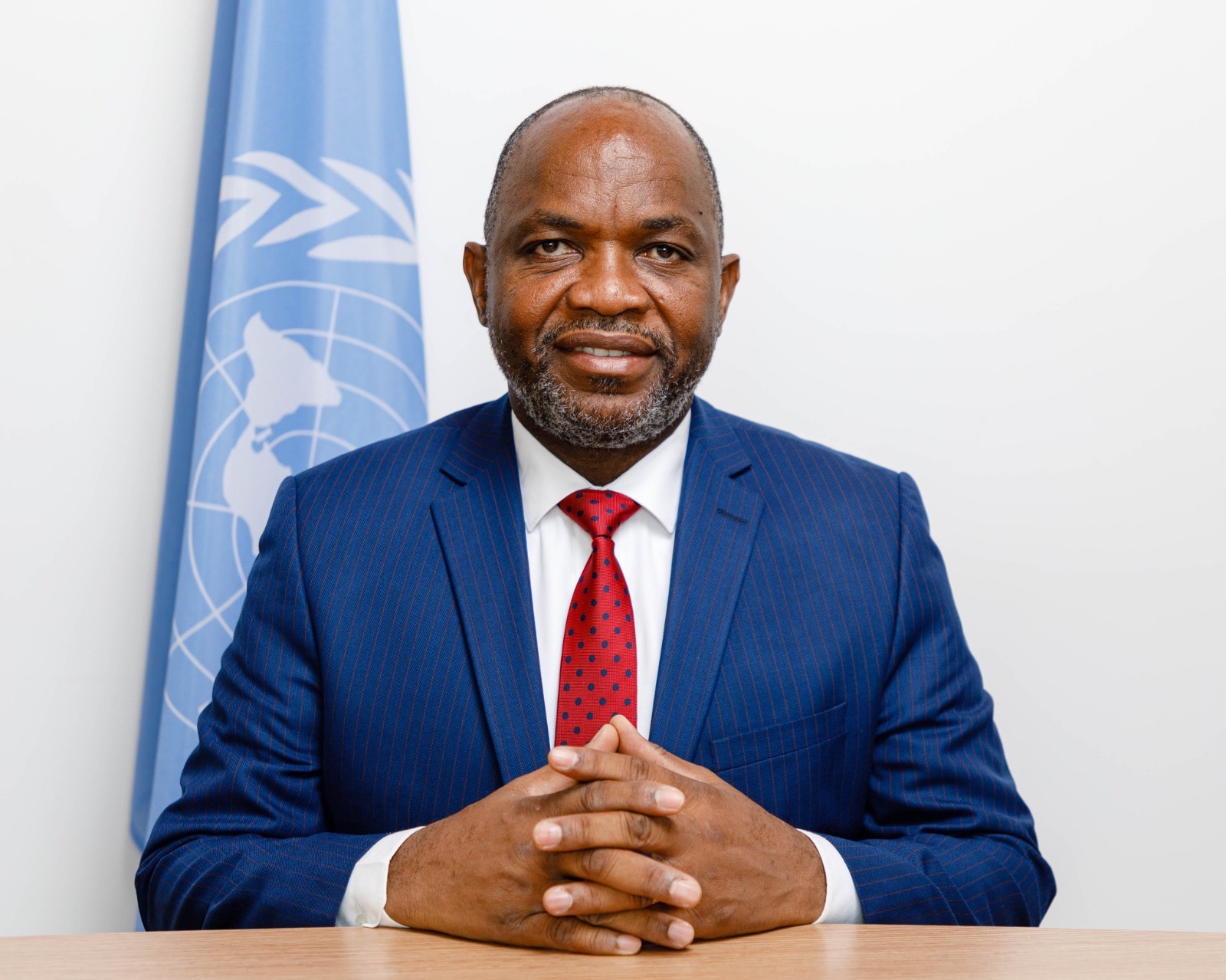
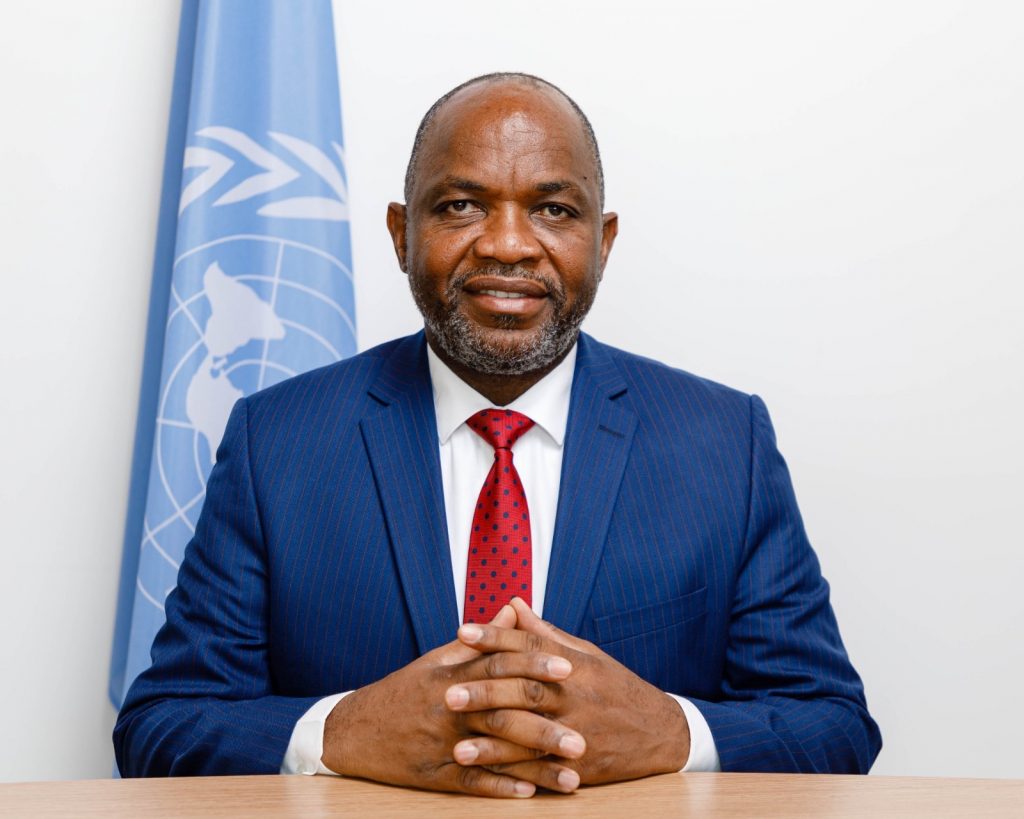
Op-Ed | By Maxime Houinato
As Africa stands at a crossroads in the fight against violence targeting women and girls, the continent’s traditional leaders hold a uniquely powerful key to unlocking lasting change. Their influence—rooted in culture, authority and community trust—positions them not just as custodians of heritage, but as essential partners in redefining norms, protecting rights and leading a continental shift toward safety, dignity and equality for every woman and girl.
In the coming week, traditional leaders from across Africa will meet in Lagos to explore how culture can advance dignity, safety, and equality. Their convening could not be timelier. Violence against women and girls remains widespread, underreported, and a major obstacle to achieving Agenda 2063 and the SDGs. Recent UN and WHO findings confirm that intimate partner and sexual violence persist at alarming levels, underscoring the need for strong, locally led prevention and accountability.
This important convening in Lagos is made possible through the valued support and partnership of the Ford Foundation, whose long-standing commitment to gender justice, human rights, and community-led solutions continues to strengthen efforts across Africa to end violence against women and girls.
Sub-Saharan Africa records some of the world’s highest rates of intimate partner violence, with studies showing that over 40% of women surveyed have experienced emotional, physical, or sexual abuse. Regional data platforms confirm that both lifetime and recent intimate partner violence remain alarmingly common. The effects also span generations: research across 37 African countries links mothers’ experiences of violence to higher risks of illness, undernutrition, and even death among children under five, highlighting IPV as a major threat to child survival and public health.
Where culture must evolve
Africa has made notable strides, yet harmful practices still put millions of girls at risk. West and Central Africa remain the global epicentre of child marriage: nearly 60 million women and girls in the region were married before 18, with Nigeria bearing the largest absolute numbers. These figures, drawn from UNICEF’s databases, remind us that while progress is possible, it is not guaranteed without sustained, community-anchored change.
There are bright spots. In Kenya, the latest Demographic and Health Survey shows FGM prevalence fell to about 15% in 2022, down from 21% in 2014, a testament to policy commitment and local norm change. Yet prevalence remains extremely high among several communities, and sustained vigilance is required to prevent medicalisation or cross-border practices.
Nigerian realities, African momentum
Nigeria mirrors the continental picture: national surveys and administrative data point to widespread physical, sexual and emotional violence, with thousands of cases reported to authorities each year, figures that almost certainly undercount the true burden. The Government’s National GBV Data Collation Tool is an important step toward standardising reporting and improving coordination; scaling it nationwide and linking it to survivor-centred services will save lives.
Encouragingly, the upcoming Conference of African Traditional Leaders in Lagos, already drawing commitments from eminent leaders, signals growing recognition that cultural authority can be mobilised to protect women and girls. UN Women’s work with traditional councils across Africa has shown that when custodians of culture publicly denounce harmful practices, backed by evidence and community dialogue, norms shift and laws gain legitimacy. It is why we helped catalyse platforms like the Council of Traditional Leaders of Africa to champion the abandonment of child marriage and FGM.
Law works best when culture leads
Africa’s legal architecture has advanced. The Maputo Protocol, our continental bill of women’s rights, has spurred reforms, and the African Commission recently moved to develop a Model Law to accelerate domestication and harmonisation across countries. These instruments matter: they provide standards, remedies and budgets. But their power is realised when interpreted through community values that affirm women’s dignity.
Evidence from the Spotlight Initiative, the EU-UN partnership with the African Union, shows that multi-sector, locally-led approaches can reduce harmful practices, strengthen services, and improve prevention. Traditional and religious leaders who champion public declarations, alternative rites of passage, and community bylaws help convert state law into lived practice.
A practical agenda for traditional leaders
I urge traditional leaders to make clear, practical commitments that have been proven to drive change: publicly and repeatedly denounce harmful practices such as child marriage, widowhood rites and FGM, backing declarations with community bylaws aligned with national law; promote survivor-centred justice in customary systems through strong referral pathways, bans on forced reconciliation, and proper case documentation; safeguard girls’ childhoods by ensuring birth and marriage registration, enforcing 18 as the minimum age of marriage, and supporting re-entry to school for married or parenting girls; encourage alternative rites of passage and positive models of masculinity that reject violence; and use their influence to push for stronger laws, adequate funding, and community engagement to address all forms of violence against women and girls.
Culture is not a relic; it is a living promise we renew with each generation. As guardians of that promise, Africa’s traditional leaders can be the champions of a continental transformation: from harmful silence to protective speech, from permissive norms to zero tolerance. If we act with urgency and unity, a life free from violence can become every African woman’s and girl’s lived reality.
Maxime Houinato is the UN Women Regional Director for West and Central Africa, providing strategic leadership across 24 countries to advance gender equality, strengthen women’s rights, and accelerate the elimination of violence against women and girls. In this role, he guides UN Women’s regional programmes on women’s economic empowerment, governance and political participation, humanitarian action, and the prevention and response to gender‑based violence.
-

 news5 years ago
news5 years agoUPDATE: #ENDSARS: CCTV footage of Lekki shootings intact – Says Sanwo – Olu
-

 lifestyle6 years ago
lifestyle6 years agoFormer Miss World: Mixed reactions trail Agbani Darego’s looks
-

 health5 years ago
health5 years agoChairman Agege LG, Ganiyu Egunjobi Receives Covid-19 Vaccines
-

 lifestyle4 years ago
lifestyle4 years agoObateru: Celebrating a Quintessential PR Man at 60
-

 health6 years ago
health6 years agoUPDATE : Nigeria Records 790 new cases of COVID-19
-

 health6 years ago
health6 years agoBREAKING: Nigeria confirms 663 new cases of COVID-19
-

 entertainment1 year ago
entertainment1 year agoAshny Set for Valentine Special and new Album ‘ Femme Fatale’
-

 news9 months ago
news9 months agoBREAKING: Tinubu swears in new NNPCL Board


